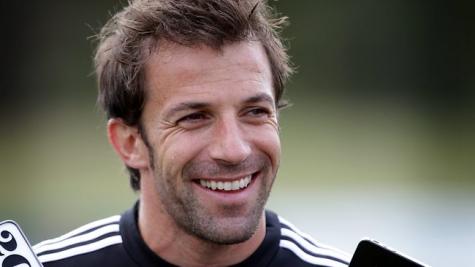Watching sport can be stressful - particularly if you're emotionally invested in one of the teams or competitors - and with a summer of A-League football, Test and other cricket and tennis on offer, the National Heart Foundation has reminded people of heart attack symptoms.
“We tend to see an increase in heart attacks during major sporting events so we’re urging all Australians to be a mate and learn the warning signs,” said the Heart Foundation’s National Director of Cardiovascular Health, Dr Robert Grenfell.
“Around 55,000 Aussies have a heart attack every year – that’s more people than the expected attendance at the MCG on the opening day of the Test,” he said.
International studies have examined the connection between watching high stress sporting events and heart attacks, finding an increase in heart attacks and death from heart attacks during high stress games or when the person's team loses.
Analysis of hospital data in Germany showed cardiac emergencies more than doubled during the 2006 FIFA World Cup and men were three times as likely to be admitted to hospital for a cardiac emergency on the day that their team played.
The Heart Foundation is encouraging people to learn the heart attack warning signs at www.heartattackfacts.org.au or by calling 1300 36 27 87.
“Recognising heart attack warning signs could save a mates life, or even your own,” Dr Grenfell added.
“Heart attack warning signs aren’t always what you think - symptoms are not always sudden or severe and some people don’t experience chest pain at all.
“If you think you or a loved one could be having a heart attack, call Triple Zero (000).”
Warning signs of heart attack may include pain, pressure, heaviness or tightness in one or more parts of the upper body including the chest, neck, jaw, arms shoulders or back, in combination with nausea, shortness of breath, dizziness or a cold sweat.

















__small.png)










